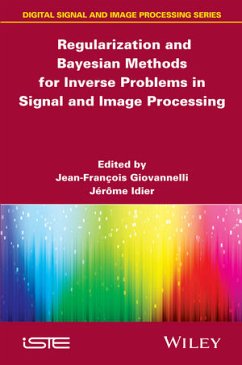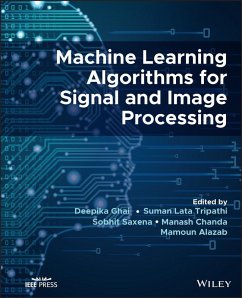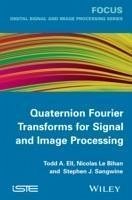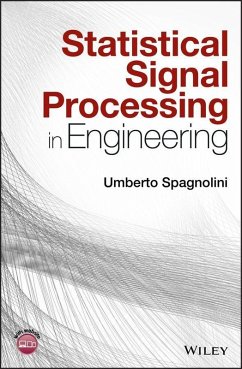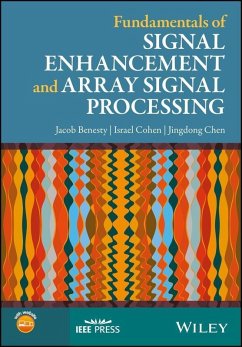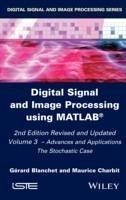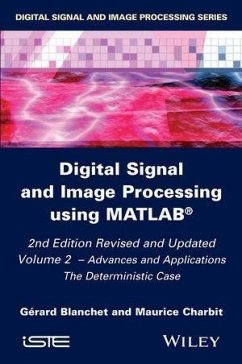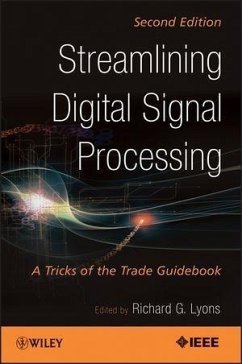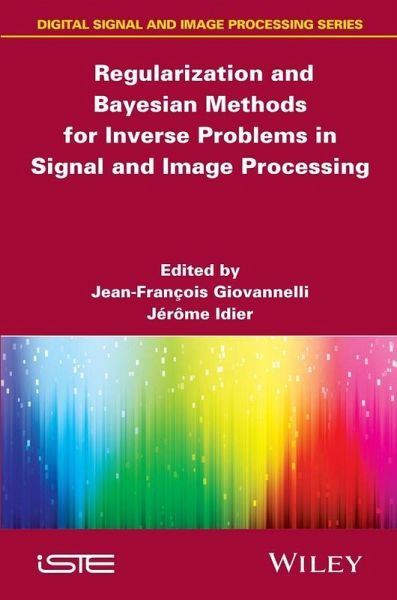
Regularization and Bayesian Methods for Inverse Problems in Signal and Image Processing (eBook, PDF)
Versandkostenfrei!
Sofort per Download lieferbar
139,99 €
inkl. MwSt.
Weitere Ausgaben:

PAYBACK Punkte
0 °P sammeln!
The focus of this book is on "ill-posed inverse problems". These problems cannot be solved only on the basis of observed data. The building of solutions involves the recognition of other pieces of a priori information. These solutions are then specific to the pieces of information taken into account. Clarifying and taking these pieces of information into account is necessary for grasping the domain of validity and the field of application for the solutions built. For too long, the interest in these problems has remained very limited in the signal-image community. However, the community has sin...
The focus of this book is on "ill-posed inverse problems". These problems cannot be solved only on the basis of observed data. The building of solutions involves the recognition of other pieces of a priori information. These solutions are then specific to the pieces of information taken into account. Clarifying and taking these pieces of information into account is necessary for grasping the domain of validity and the field of application for the solutions built. For too long, the interest in these problems has remained very limited in the signal-image community. However, the community has since recognized that these matters are more interesting and they have become the subject of much greater enthusiasm. From the application field's point of view, a significant part of the book is devoted to conventional subjects in the field of inversion: biological and medical imaging, astronomy, non-destructive evaluation, processing of video sequences, target tracking, sensor networks and digital communications. The variety of chapters is also clear, when we examine the acquisition modalities at stake: conventional modalities, such as tomography and NMR, visible or infrared optical imaging, or more recent modalities such as atomic force imaging and polarized light imaging.
Dieser Download kann aus rechtlichen Gründen nur mit Rechnungsadresse in A, B, BG, CY, CZ, D, DK, EW, E, FIN, F, GR, HR, H, IRL, I, LT, L, LR, M, NL, PL, P, R, S, SLO, SK ausgeliefert werden.



